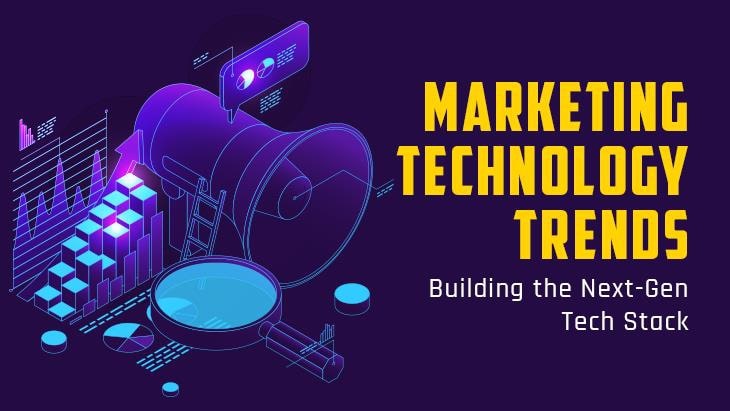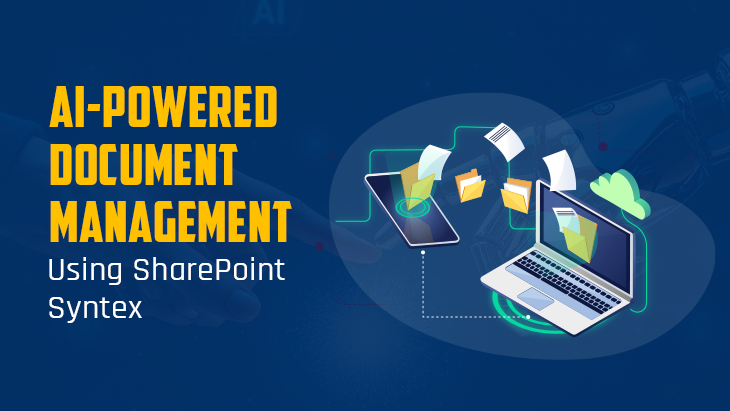Both Oracle ERP Cloud vs. Oracle NetSuite are two different software with robust functionality. They have their advantages and disadvantages. Every organization is different and has diverging priorities.
Oracle ERP Cloud solutions and ERP implementation are best suited for specific customer needs. Netsuite could be a better fit for another. One can make the right choice by embarking on a comprehensive and objective ERP selection process that considers your objectives, strategy, and business model.
Oracle ERP
What is Oracle ERP Cloud? Oracle Enterprise Resource Planning (ERP) Cloud is a cloud-based end-to-end Software as a service (SaaS) suite that manages enterprise functions. This includes accounting, financial management, project management, and procurement.
The product runs on the Oracle technology stack in Oracle's cloud centres. It is accessible through public and private cloud implementation and supports hybrid deployment.
Various Modules of Oracle Erp Cloud
1. Financials Cloud
Financials Cloud is the most comprehensive, integrated, and scalable financial management solution available. It offers extensive support for global companies in a wide variety of industries.
2. Project Portfolio Management Cloud
Project Portfolio Management Cloud is the modern, enterprise-grade solution for project-centric businesses, with complete and integrated project financial management to improve profitability and contemporary project execution to power delivery.
3. Procurement Cloud
Procurement Cloud streamlines a business's source-to-pay process through automation and social collaboration while controlling costs and achieving higher margins.
4. Risk Management Cloud
Oracle Risk Management with embedded artificial intelligence (AI) techniques automates advanced analysis for ERP role design, segregation of duties (SOX), data privacy (GDPR), and preventing financial fraud.
Purpose of Oracle ERP Cloud
A cloud-based enterprise resource planning or ERP is the solution for companies that need an innovative, scalable business tool. Perhaps one can sell on the Cloud due to its data security, stable delivery structure for platform updates and lower upfront costs.
Maybe they are looking ahead to what ERP can offer now and in the future, such as AI and machine learning. Oracle's ERP Cloud fulfils all these and more.
Oracle NetSuite
What is Oracle NetSuite?
NetSuite is an American cloud computing company founded in 1998 with headquarters in Austin, Texas. It's software and services are for small and medium-sized enterprises with solutions for ERP, CRM, PSA, inventory or warehouse management and e-commerce.
NetSuite software and services manage business finances, operations, and customer relations. The company is widely seen as the first cloud computing software company.
NetSuite reduces operating costs and enhances productivity. Its built-in functionality allows it to support multiple applications under one platform with customizable dashboards to measure progress.
NetSuite is built in the cloud with significant accounting, and operational information is accessible from anywhere and on any device. It can help businesses gain visibility, control and agility.
More than 29,000 companies in over 200 countries and territories use NetSuite. Its cloud-based service doesn’t require the need to install hardware or require additional system maintenance costs. Additionally, it gives businesses a competitive edge in the market.
How does NetSuite work?
NetSuite gives real-time insights into how well the business is performing so that it can adjust or pivot based on changing marketing conditions.
The cloud-based business management platform provides you with a range of applications to run your business entirely on a single platform.
This works with several platforms. For example, users access all business models through a single sign-on portal. Drag-and-drop tools let departments personalize dashboards with metrics, charts, graphs, reminders and shortcuts.
Every module shares a common database where information from across the system updates in real-time and is accessible to departments across business functions. This gives the company a 360-degree view of the business to see which departments thrive and need more attention.
Users can access NetSuite’s platform securely from any device with an internet connection. They can track business performance and receive alerts no matter where you are. There’s also a role-based option that only gives authorised workers information about their job.
NetSuite is a multitenant cloud solution. This means that every user runs the same software version and its back-end infrastructure. Users also receive automatically updated versions of the software.
Each user’s data is stored and secured separately. NetSuite’s security team provides round-the-clock monitoring to ensure the most robust operational data centre security. For instance, implementing strong encryption, role-based access controls and whole password policies are just a few ways NetSuite protects its users.
Additional layers of protection include multifactor end-user authentication and token-based application authentication. NetSuite uses the software as a service, or SaaS, model. This means that your business pays a subscription fee to use the technology without worrying about additional infrastructure or system maintenance costs.
Eliminating maintenance and upgrade costs allows the company to focus on serving its customers instead of hiring additional employees to maintain the system.
Features of Oracle NetSuite
1. Enterprise resource planning:
NetSuite ERP runs all the accounting, inventory, supply chain and order management in the cloud.
2. Customer relationship management:
NetSuite CRM helps individuals manage their prospects, customers, partners and vendors in a single, integrated system.
3. Professional services automation:
NetSuite OpenAir helps the company plan, track and execute projects.
4. Human resources:
NetSuite SuitePeople is a scalable and secure human capital management software to streamline HR processes such as onboarding, payroll, employee performance tracking, etc.
5. International:
NetSuite OneWorld is a real-time, unified global management platform that manages multiple applications in different countries, currencies, languages and subsidiaries.
6. E-commerce:
NetSuite SuiteCommerce integrates every step of your web store, from the point of sale and order management to marketing, merchandising, inventory, financials and support.
7. Planning and budgeting:
NetSuite can create consolidated plans, worksheets and documents. It can collaborate using sharing and commenting to accelerate results.
Oracle ERP Cloud vs. Oracle Netsuite in Terms of Various Factors
Every organization has different requirements, but some considerations can help users evaluate and select the right ERP software. This is to fit the work requirements. The following analysis provides an objective comparison of Oracle ERP Cloud vs. Oracle NetSuite.
Oracle ERP Cloud is best suited for businesses that need a system to support advanced and complex financial and operational processes. It is crucial for organizations to develop and scale up their business.
On the other hand, NetSuite was explicitly designed to help fast-growing companies expand and run multiple entities operating across different international markets.
1. Partner Ecosystem
The sheer number and quality of ERP implementation partners and resources is a massive differentiator between Oracle ERP Cloud and NetSuite.
Oracle ERP Cloud has a vast network of ERP implementation partners and system integrators. In contrast, NetSuite has typically relied on its internal NetSuite consulting team to provide these services, limiting the number of options for the customer.
Oracle ERP Cloud has a more robust partner ecosystem. Still, several customers of legacy Oracle products like E-Business Suite, PeopleSoft and JDEdwards will move to the cloud in the coming years. It can create a supply crunch of quality resources.
NetSuite has always been a SaaS product, so there is no issue with the availability of resources. The ecosystem of NetSuite consulting and implementation partners is also increasing.
2. Flexibility
Oracle ERP Cloud provides greater flexibility when compared to NetSuite and offers greater scope for customization. Oracle ERP Cloud solutions include a vast ecosystem of Platform-as-a-Service (PaaS) tools that enable easy integration with third-party applications.
On the other hand, NetSuite is designed to standardize standard and repeatable business processes through its robust SaaS model. The high degree of standardization with limited options for customization is exactly what some businesses need.
3. Scalability
Both Oracle ERP Cloud and NetSuite can handle large volumes of transactions and quickly scale up or down because they are cloud-based. But NetSuite has a slight edge over Oracle ERP Cloud solutions as it offers greater standardization and can operate in a multi-tenant cloud environment.
4. Functionality
Over time, Oracle ERP has strengthened its product roadmap and improved some key features and functionality. It now offers robust financials, EPM, and supply chain functionality but can further enhance manufacturing functionality.
NetSuite originated as a SaaS solution and has been a cloud-native suite of applications for more than 20 years. Therefore, it offers a technically and functionally more mature cloud ERP system superior to Oracle ERP Cloud solutions, especially for small and midsize businesses.
5. Customer Adoption
Oracle customers are yet to jump on to the Oracle ERP Cloud bandwagon fully and are still content using legacy Oracle EBS and JDEdwards. However, it has the edge over NetSuite among Fortune 1000 companies and larger organizations.
NetSuite has a better customer adoption rate, especially among SMB customers, as its cloud-native platform is better suited for the needs of small and midsize businesses.
















Post Comments